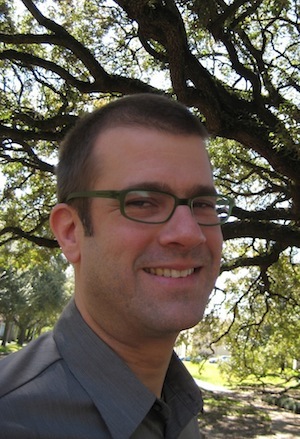
Website: http://tauntonlab.ucsf.edu Email: jack.taunton / ucsf, edu
600 16th Street, MC 2280Genentech Hall, Room N512FSan Francisco, CA 94158-2280
Phone: 415-514-2004
Fax: 415 514-0822
Administrative AssistantDelaney Lynch415 502-1475delaney.lynch / ucsf, edu
Covalent inhibitors and chemoproteomic probes
Our lab uses chemical biology approaches to study cellular processes relevant to cancer and autoimmune disease. We work at the earliest stages of covalent drug discovery, mostly focused on new chemical tools and technology. In 2012, we reported a method for reversibly targeting noncatalytic cysteines with cyanoacrylamide inhibitors. This work ultimately led to the discovery of rilzabrutinib, a reversible covalent BTK inhibitor in Phase 3 clinical testing for immune thrombocytopenic purpura. We currently focus on the design and discovery of covalent inhibitors that target lysine and tyrosine. We use advanced chemoproteomic technologies to quantify target engagement in cells and animals, as well as X-ray crystallography to optimize covalent probes and elucidate general principles of covalent molecular recognition.
Chemical biology of cyclic peptide natural products
We have long been fascinated by biologically active natural products, especially macrocyclic peptides with potential anticancer activity. Our mechanistic studies have revealed new insights into cellular proteostasis and inspired new therapeutic approaches. Recent work on ternatin-family cyclic peptides, which trap the eukaryotic elongation factor-1A (eEF1A) on the ribosome, has revealed a quality control pathway comprising two poorly characterized E3 ligases, RNF14 and RNF25, and the ribosome collision sensor, GCN1. Our discovery of the RNF14/RNF25/GCN1 surveillance pathway raises many exciting questions for future research.
Our studies of cotransins – cyclic peptides that inhibit the Sec61 translocon in a client-selective manner – have inspired the development of drug candidates with potent anticancer and anti-inflammatory activity. A major unsolved question is how structurally distinct cotransins are able to selectively inhibit the biogenesis of distinct Sec61 clients, including many therapeutic targets that are secreted from the cell or localize to the cell membrane.